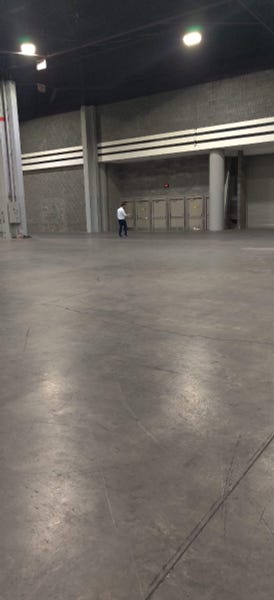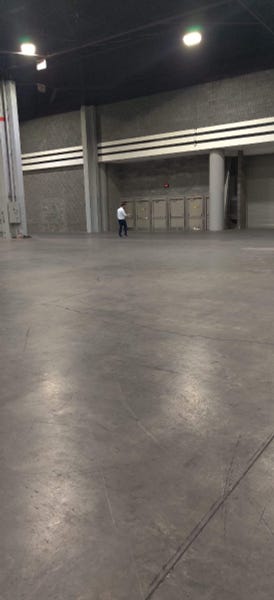Earlier this week, in the midst of Georgia’s Senate runoff elections on January 5, a viral social media post was widely shared allegedly showing a photo of “shredded ballots” in Georgia. The original tweet, which has been retweeted more than 20,000 times, reads as follows:
The tweet was then shared on January 6 by Michael Flynn, Donald Trump’s former National Security Adviser, just as a Democratic win was projected in Georgia. (His account has since been suspended.)
There is no evidence to suggest there was “ballot shredding” during the Senate runoff elections.
This is not the first time there have been allegations of “ballot shredding” in Georgia. As we explained in an earlier fact check, Trump referenced false allegations of “ballot shredding” in Cobb County, Georgia, during the presidential election on a recorded phone call with Georgia Secretary of State Brad Raffensperger on January 2.
We explained Trump’s allegation as follows: “According to a statement from the Board of Elections and Registration in Cobb County, there was nothing unusual about the shredding truck shredding material. The shredding company routinely disposes ‘of non relevant materials that cannot be easily disposed of.’”
Although it’s not immediately clear where in Georgia the viral image in question is from, Jessica A. Corbitt-Dominguez, a spokesperson for Fulton County, explained in an email to The Dispatch Fact Check that although she cannot confirm “with 100 percent certainty” where the photo was taken, “there were some people at our absentee ballot processing site making similar claims.”
She clarified, though, that it was only “paper waste” that was shredded, not ballots. “We have shredded nothing. Absentee ballots come in two envelopes. Those envelopes must be opened for the ballots to be counted. We have tens of thousands of ballots to open and use envelope opening equipment to do so. As a result of the process of opening thousands of envelopes, paper waste is left behind. That is what was ‘discovered.’ This was explained to the individuals onsite.”
In a January 6 press conference, Georgia's voting implementation manager, Gabriel Sterling, also addressed this allegation. He said that there was “no evidence of any irregularities” in the Senate runoff elections. He then addressed the “ballot shredding” tweet, explaining that there was no real evidence to support the claim: “The biggest thing we’ve seen is from the president’s fertile mind of finding fraud where none exists. We’ve seen a couple of other things. There was—somebody put out a tweet that took a picture of shredded paper and said, ‘We are in Georgia and here are shredded ballots.’ So that is the extent of the evidence we’ve seen.”
Furthermore, as we explained in our January 4 fact check, per federal law, ballots must be maintained for 22 months from the date of the election: “According to federal law, all ballots need to be maintained for 22 months from the date of the election, as explained in a ‘rumor control’ analysis from the Cybersecurity and Infrastructure Security Agency. The CISA analysis also explains that “election officials, based on state and local law, may discard non-relevant materials, such as addressed envelopes or duplicate applications. Taken out of context, images or video of election officials discarding papers may appear suspicious, but are likely depicting legal discarding of these non-relevant election materials.”







Please note that we at The Dispatch hold ourselves, our work, and our commenters to a higher standard than other places on the internet. We welcome comments that foster genuine debate or discussion—including comments critical of us or our work—but responses that include ad hominem attacks on fellow Dispatch members or are intended to stoke fear and anger may be moderated.
With your membership, you only have the ability to comment on The Morning Dispatch articles. Consider upgrading to join the conversation everywhere.